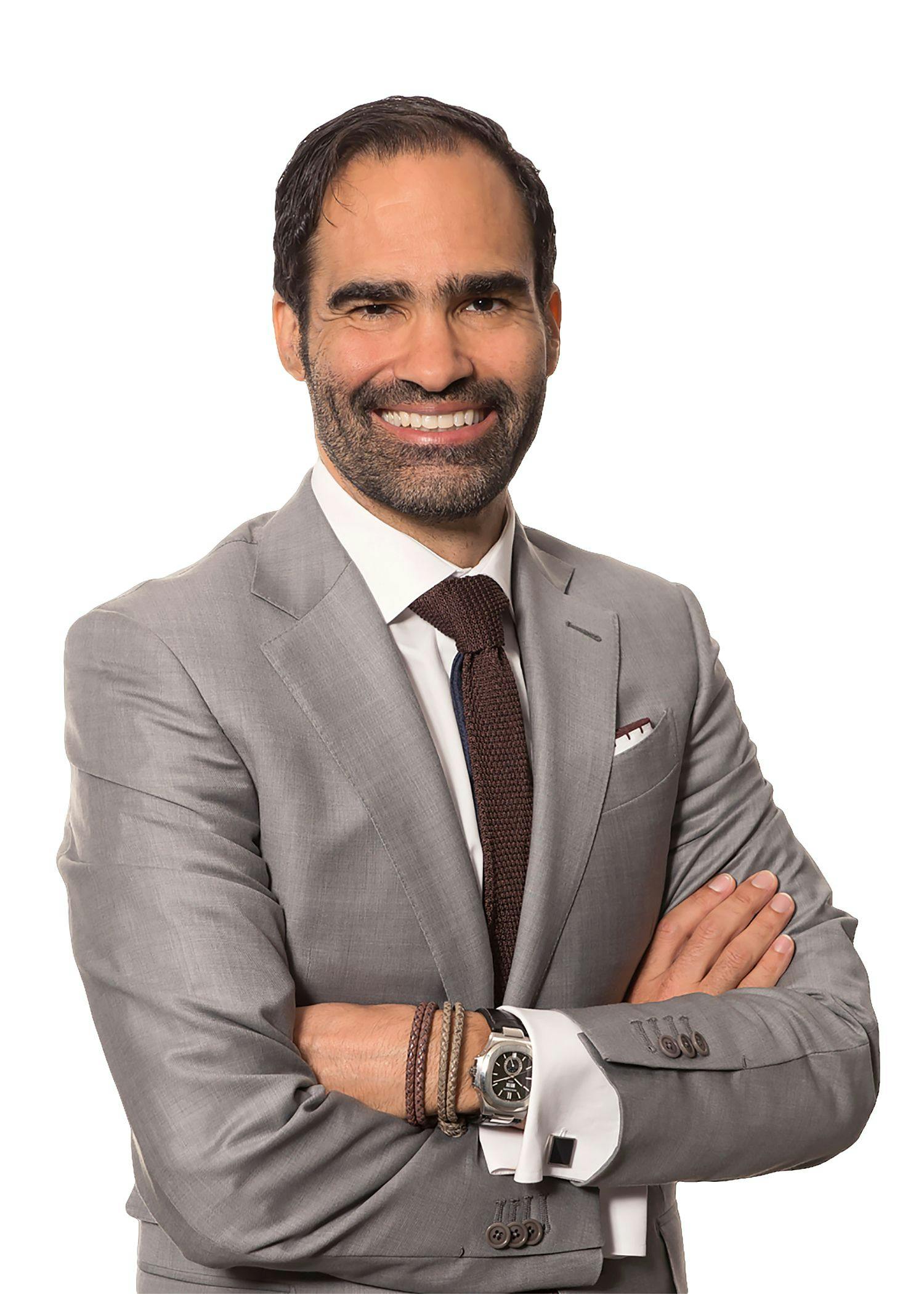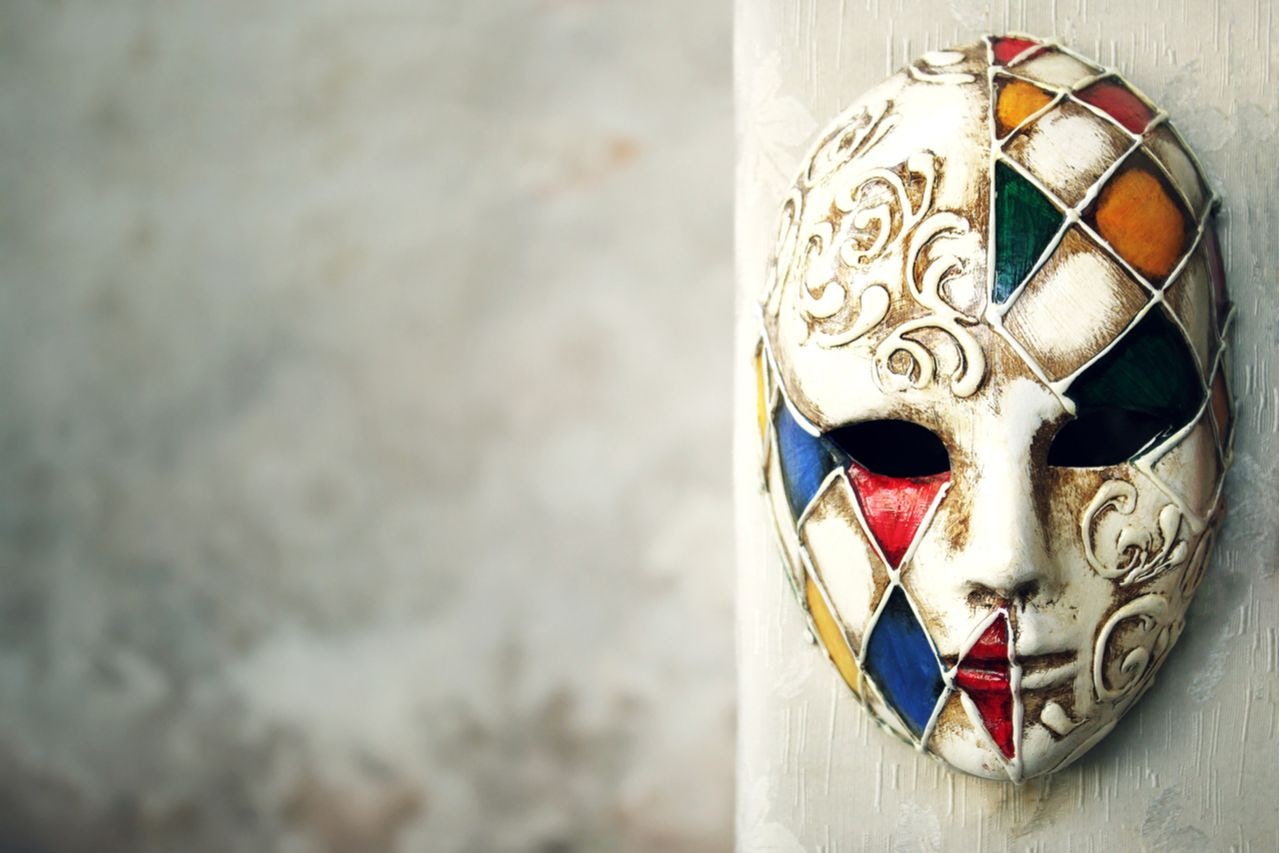This week Bloomberg asked in a headline: “How Bad Is China’s Economic Slowdown?” Their answer: “It Depends What You Sell.” Much has been written about China’s economic downturn, and dramatic sales numbers like those of Apple seem to indicate that the boom in China is over. But is it?
First, the Chinese economy is still growing at a rate above 5 percent. While slower than in the past, it is still an impressive number that other economies envy. Second, there are about 200 million additional Chinese Generation-Z consumers about to enter the market over the next several years. This is just shy of two-thirds of the number of total U.S. consumers coming into the market, with their wallets ready to spend, promising significant growth. Third, luxury is more recession-proof than all other segments: In 2007-08, during the collapse of financial markets, luxury was the only consumer segment that was not negative, outperforming fast-moving consumer goods and premium segments. Hence, the outlook is much more positive than many analysts are stating.
The prospect of an industry is not driven by external economic factors alone. Instead, the growth of a brand is driven as much (or even more) by its own strategies, brand power, and innovation rather than by simply sailing on the wave of the overall economy. As a case in point, the Bloomberg article cites several luxury brands that currently report significantly higher sales in China while selling more expensive products.
This shows what matters: Do you manage your brand in the right way to be relevant to your consumers? Do you excel on all criteria that drive extreme value? Are you maximally differentiated to competitors? If the answer to all questions is a definite yes, congratulations! You have a great chance to be among the winners in the year of the pig and beyond.
If the answer is maybe, you will be in trouble. It is typical that consumers become more rational when they perceive times getting tougher. And growing more rational means brands come under more scrutiny when it purchasing decisions are made. And more scrutiny means that brands with issues in their offering will lose and risk becoming obsolete. Watch out for aspects like brand positioning, customer journey, customer-centricity of your business model, and utilization of digital platforms to create seamless experiences. In advising brands, I see that many -- even seemingly strong ones -- are vulnerable in those areas. And being vulnerable means risking it all.
What should brands do? I believe a regular and rigorous brand audit is indispensable. All aspects of the brand need to be deeply analyzed: Are we relevant? Are there changes in consumer expectations? Did new competitors emerge? Is our positioning still unique enough? Are all consumer touch points creating a unique luxury experience that is unique to our brand? Do consumers see us the same way we want to be seen? Does everyone in the organization understand the positioning of the brand?
In a recent project, we were able to demonstrate to a leading luxury brand in Asia that significant aspects of what they assumed were how consumers saw them were wrong. Utilizing sophisticated AI technologies, we uncovered early warning signs and were able to recommend corrective measures, while the brand was still outperforming competitors. It is essential to do this exercise before those warning signals turn into real-life issues. In other words, brands have to act fast before it is too late.
According to the Chinese horoscope, the pig represents wealth. I believe it will hold amazing opportunities for those brands that are well positioned. On the flipside, it will be a nightmare year for those who are complacent. It’s for managers of luxury brands to choose — in China and beyond.
Daniel Langer is CEO of the luxury, lifestyle and consumer brand strategy firm Équité. He consults some of the leading luxury brands in the world, is the author of several luxury management books, a regular keynote speaker, and holds management seminars in Europe, the USA, and Asia. Follow @drlanger


